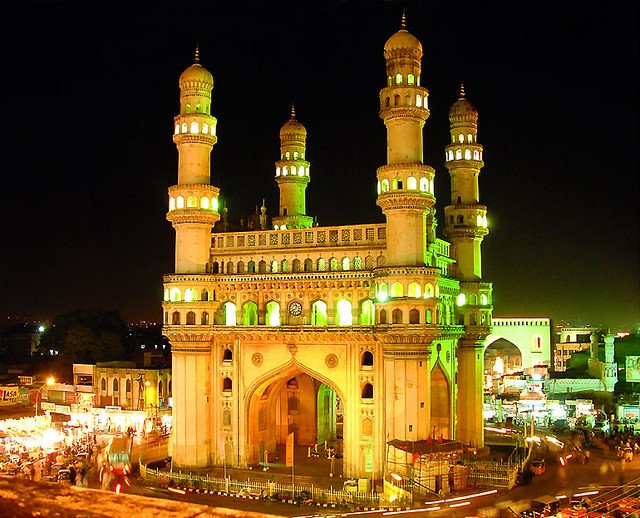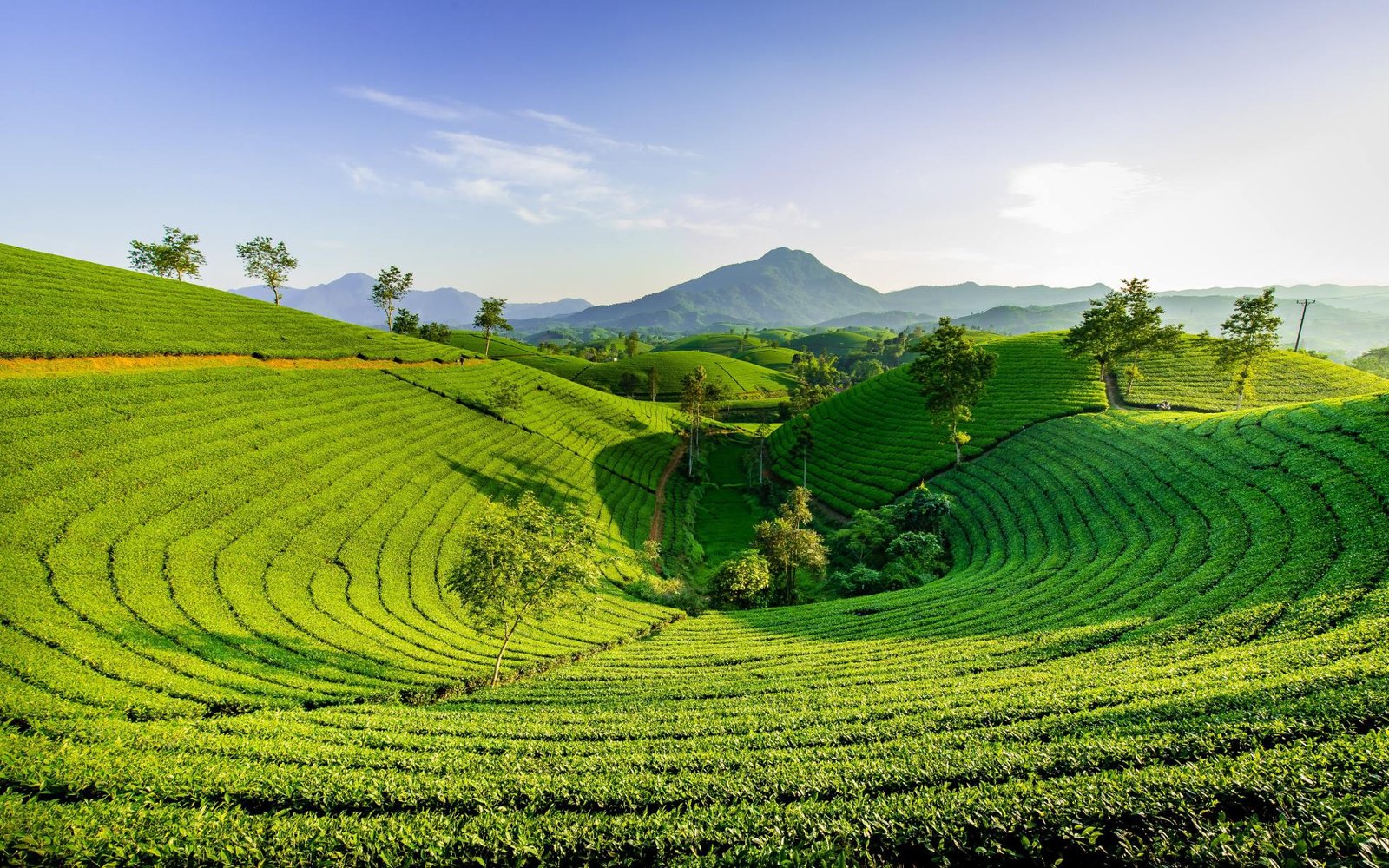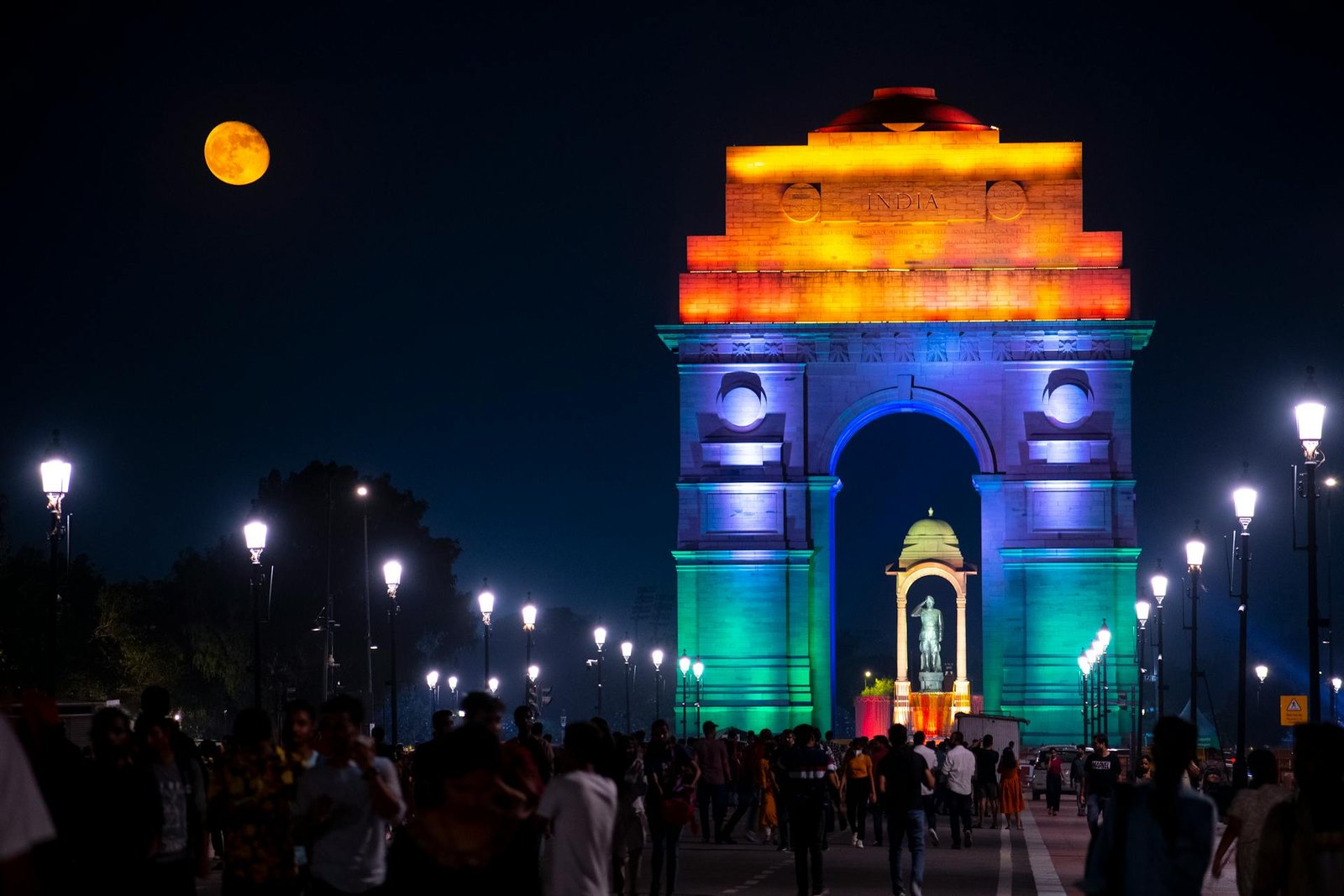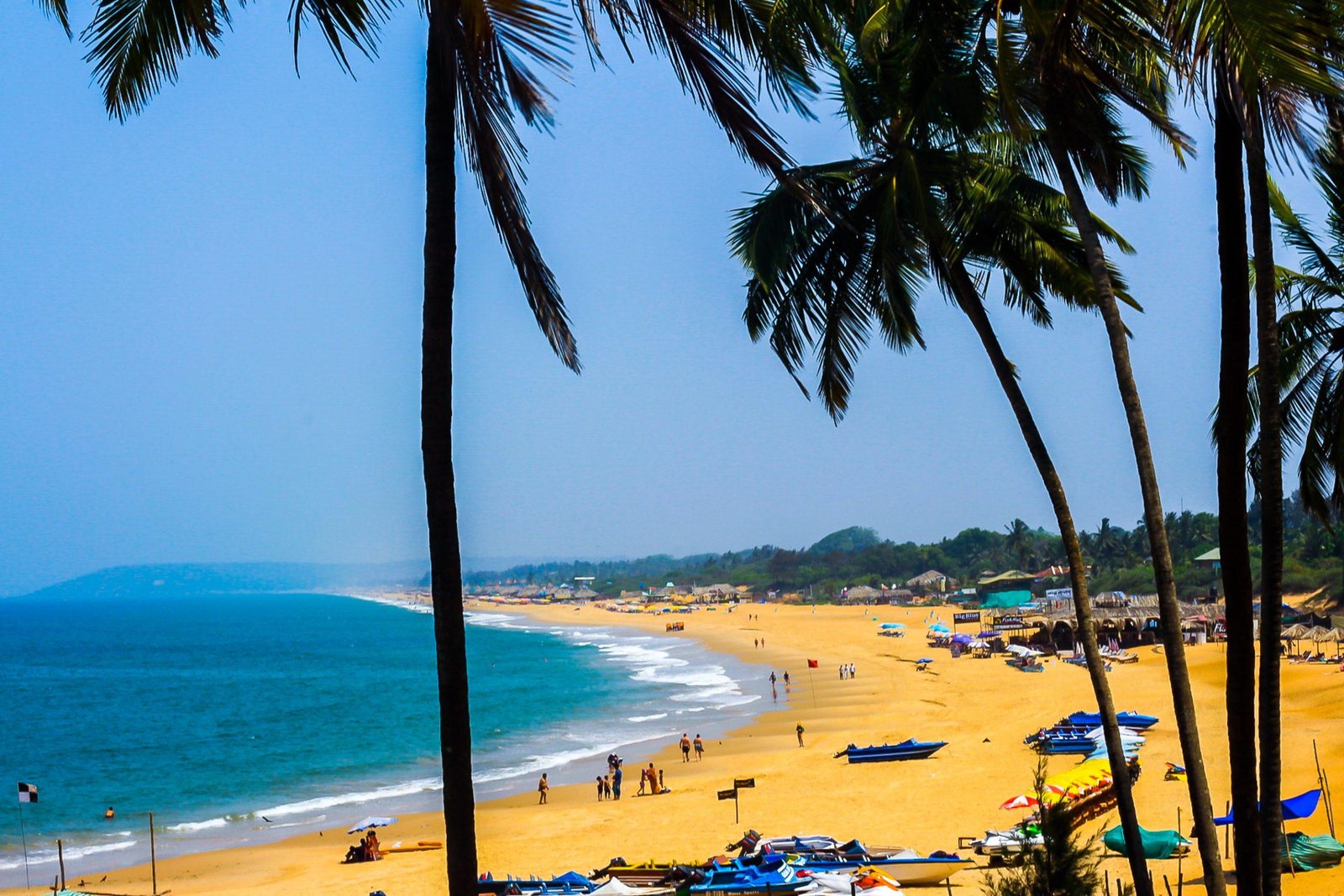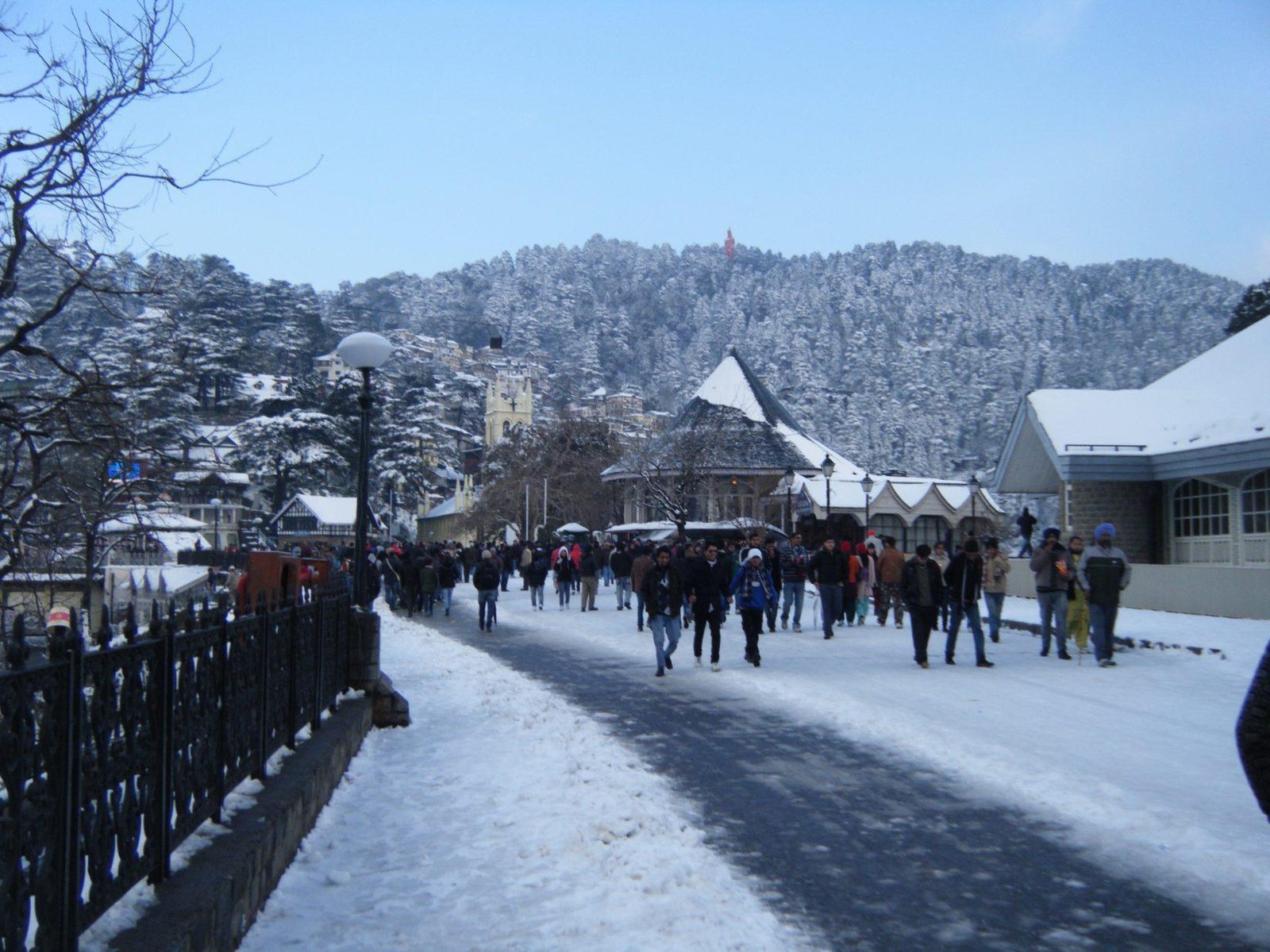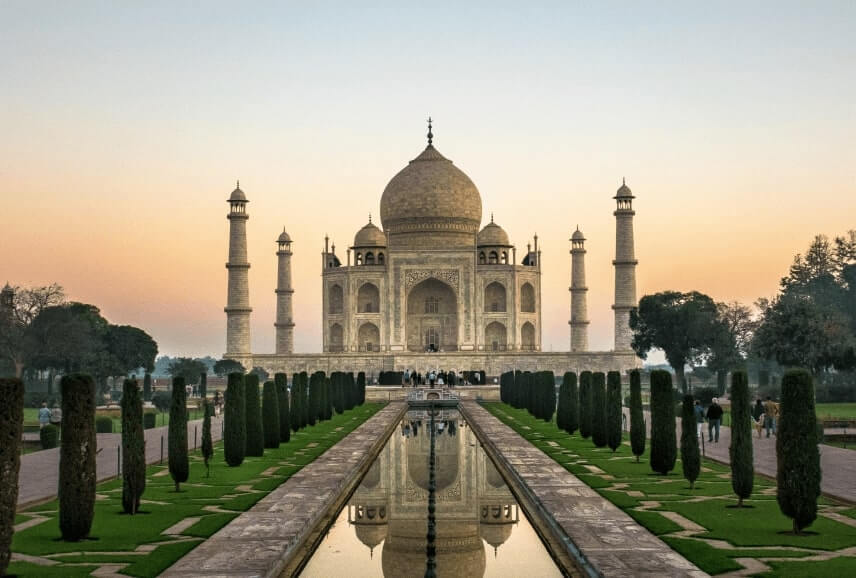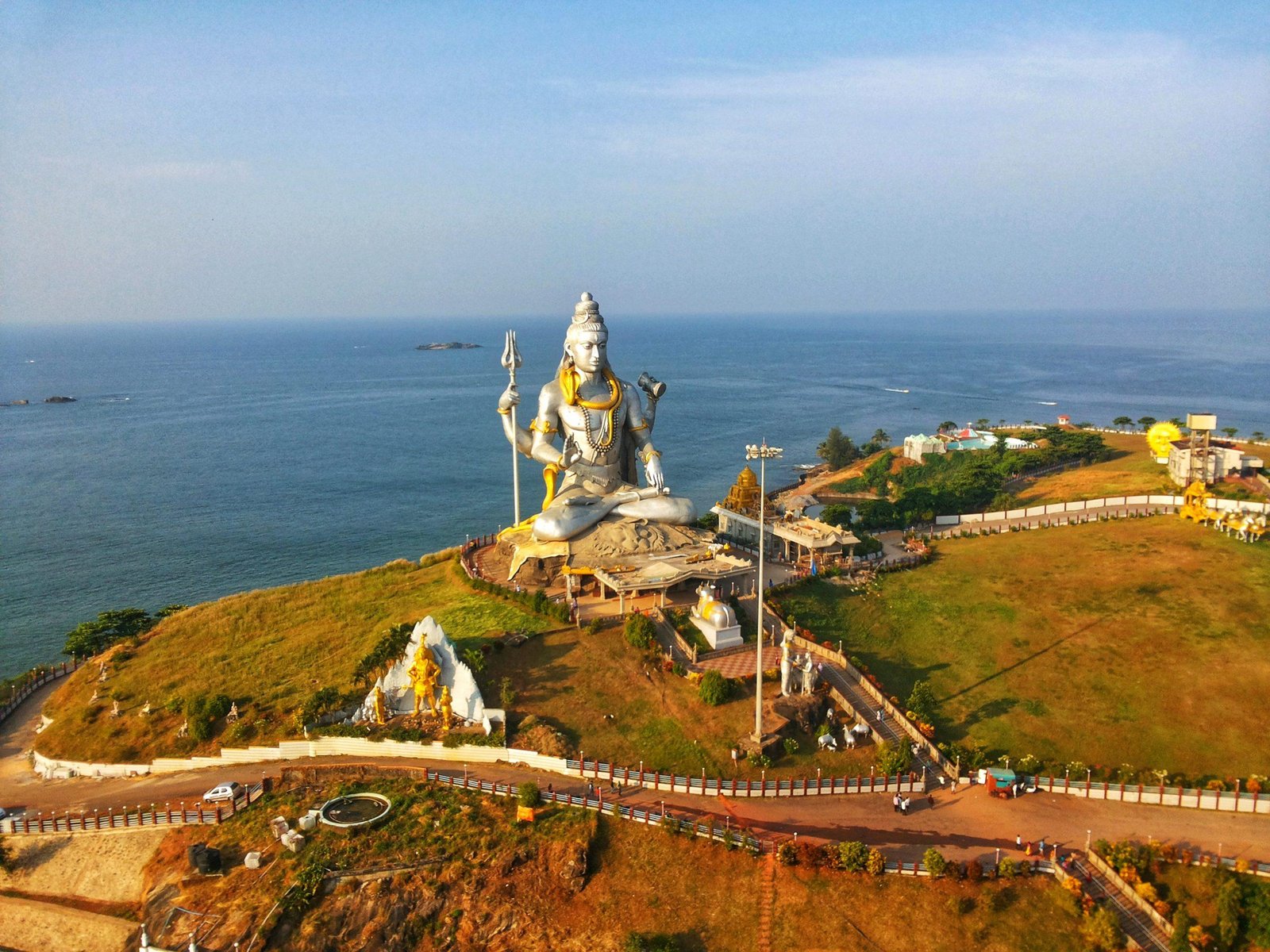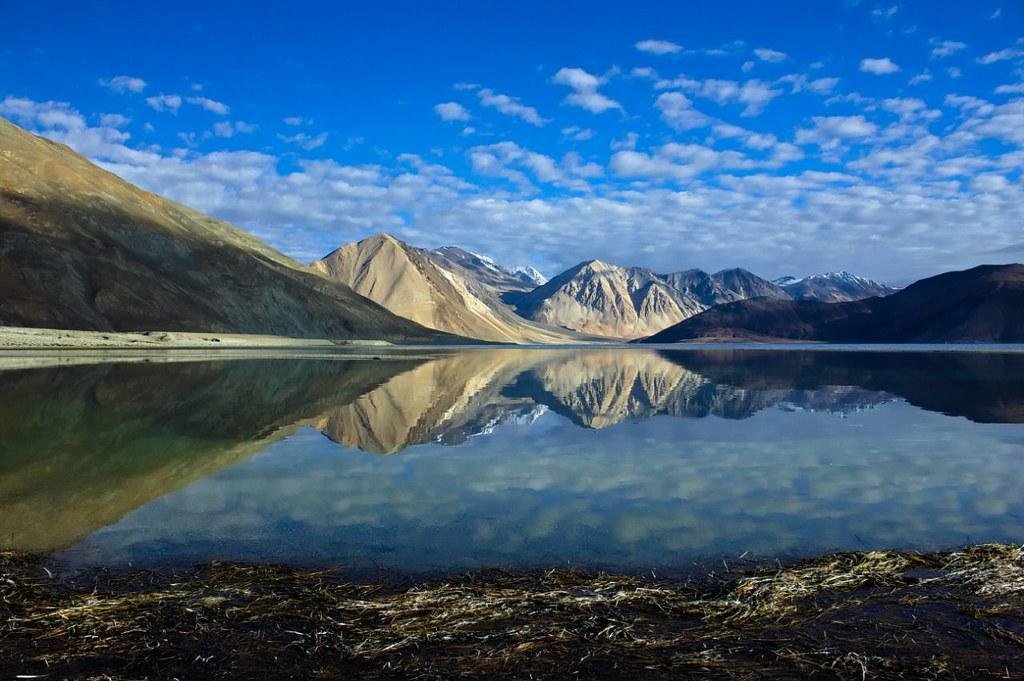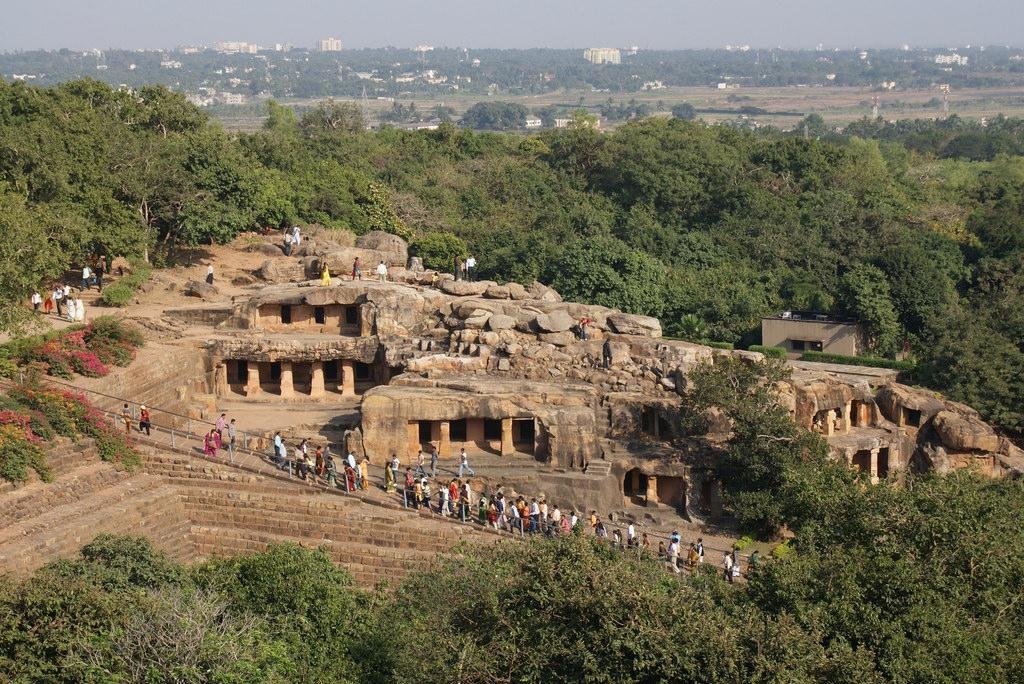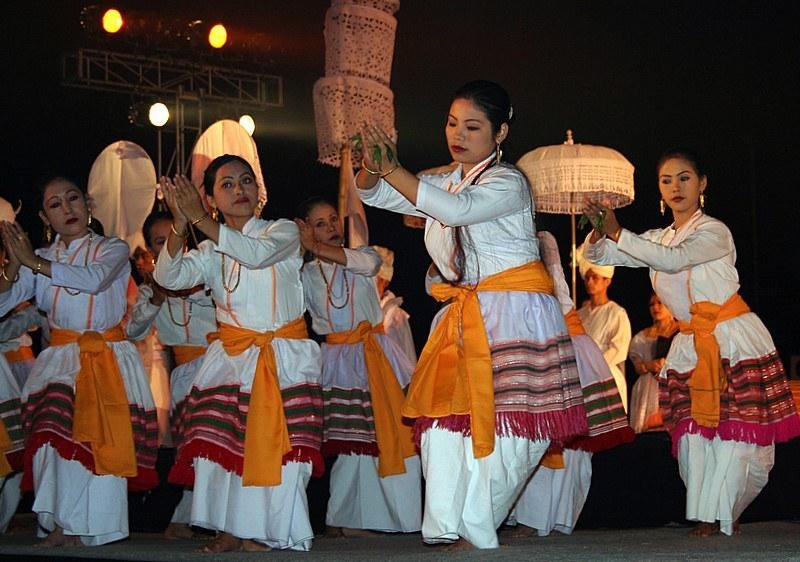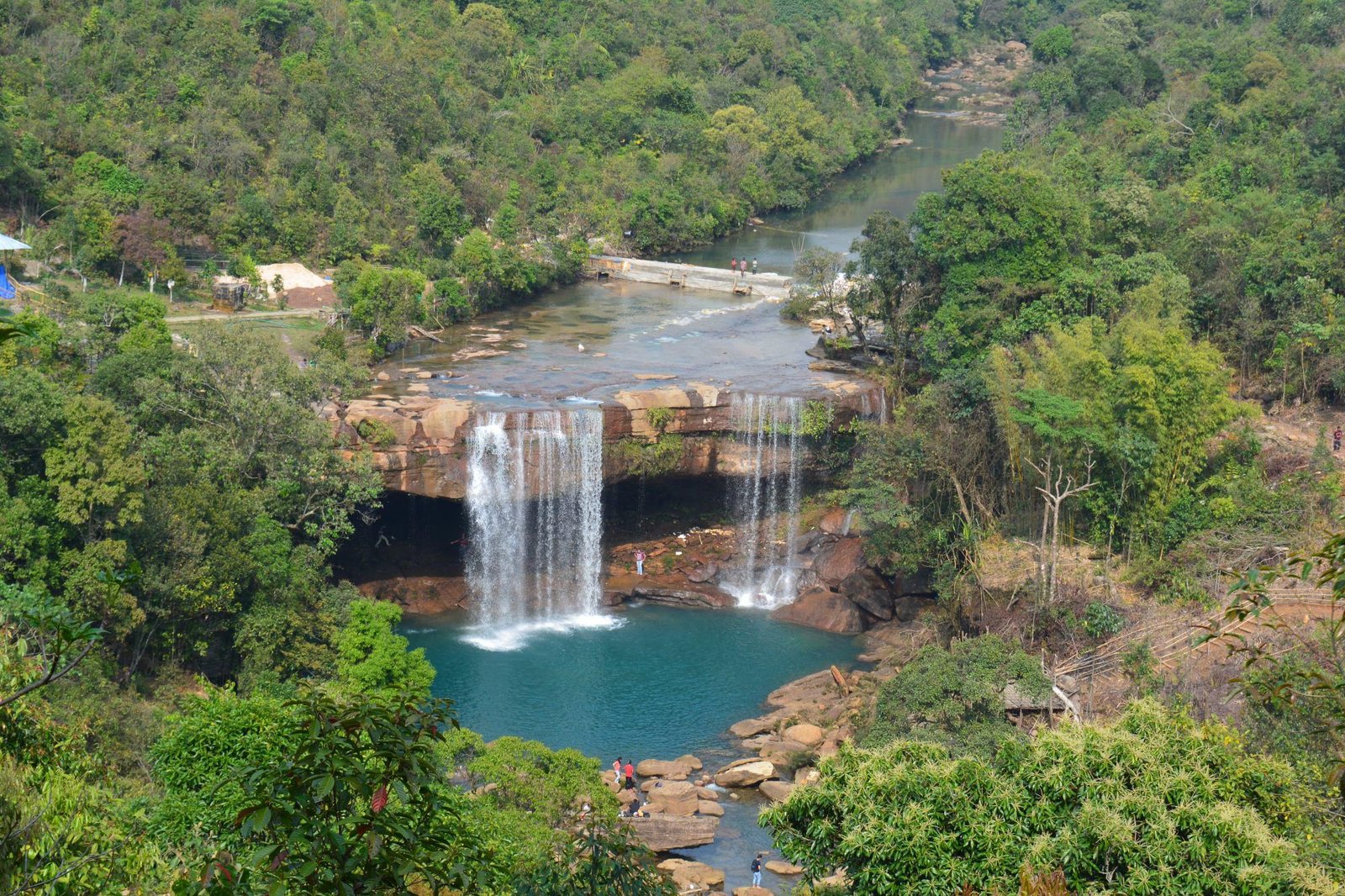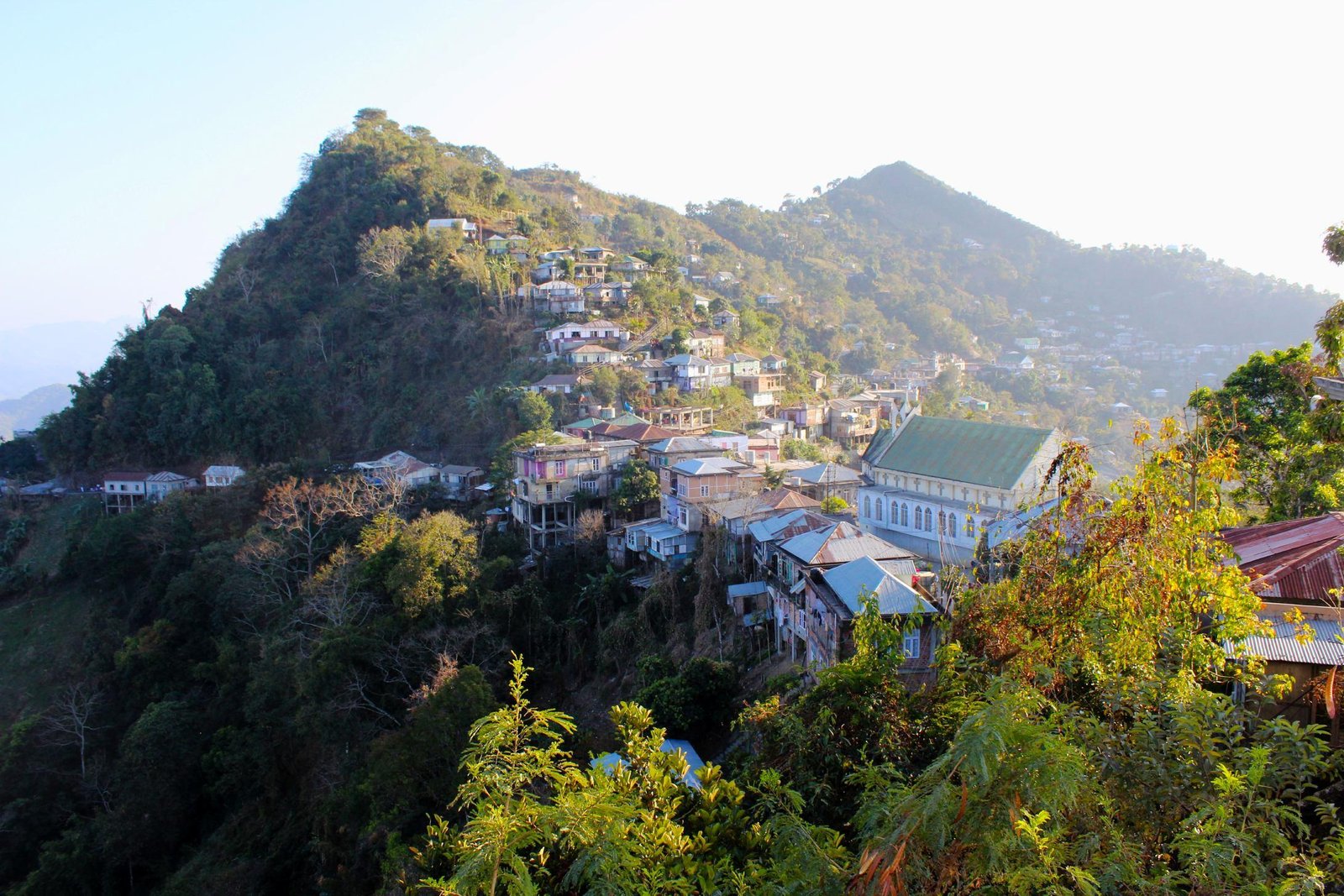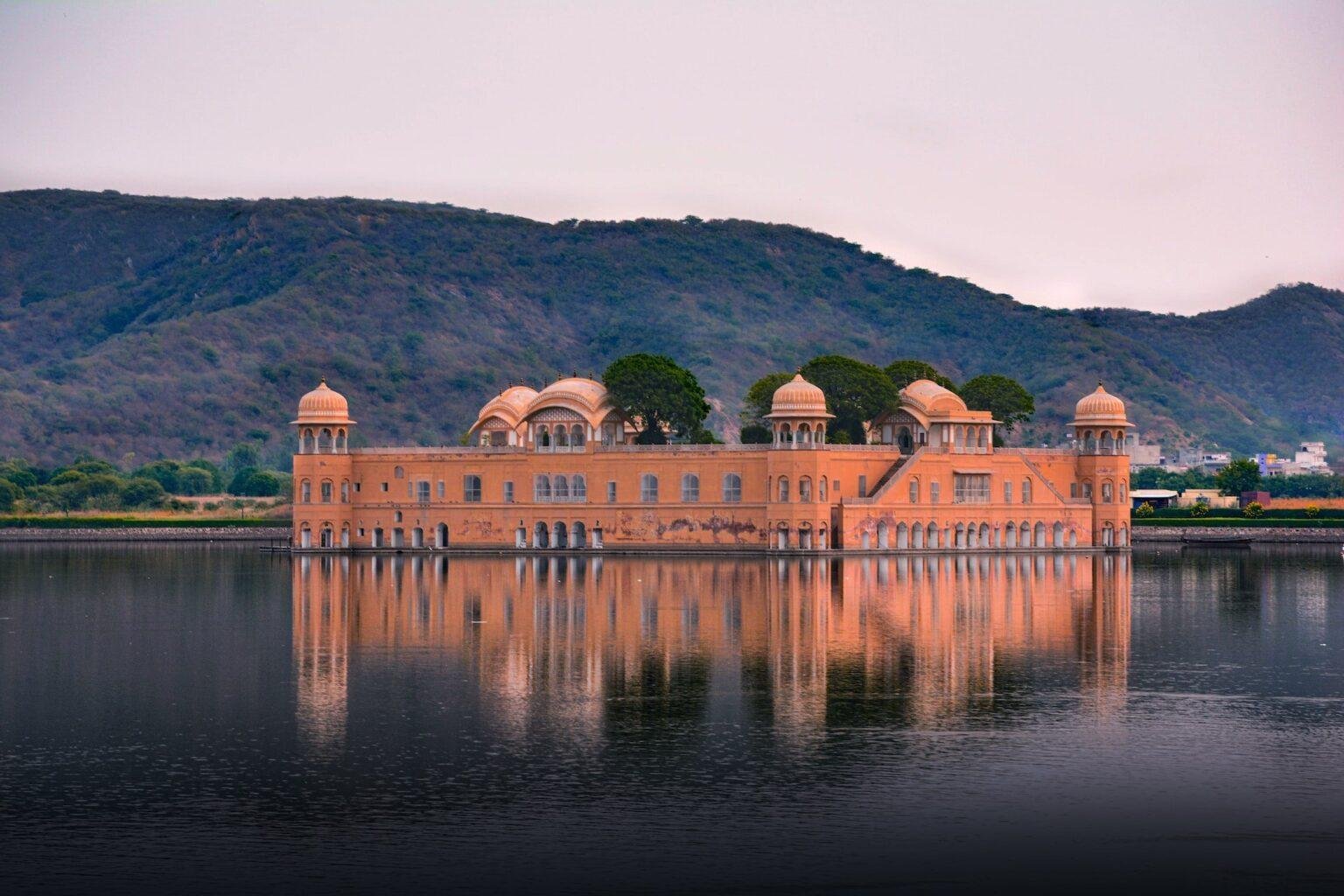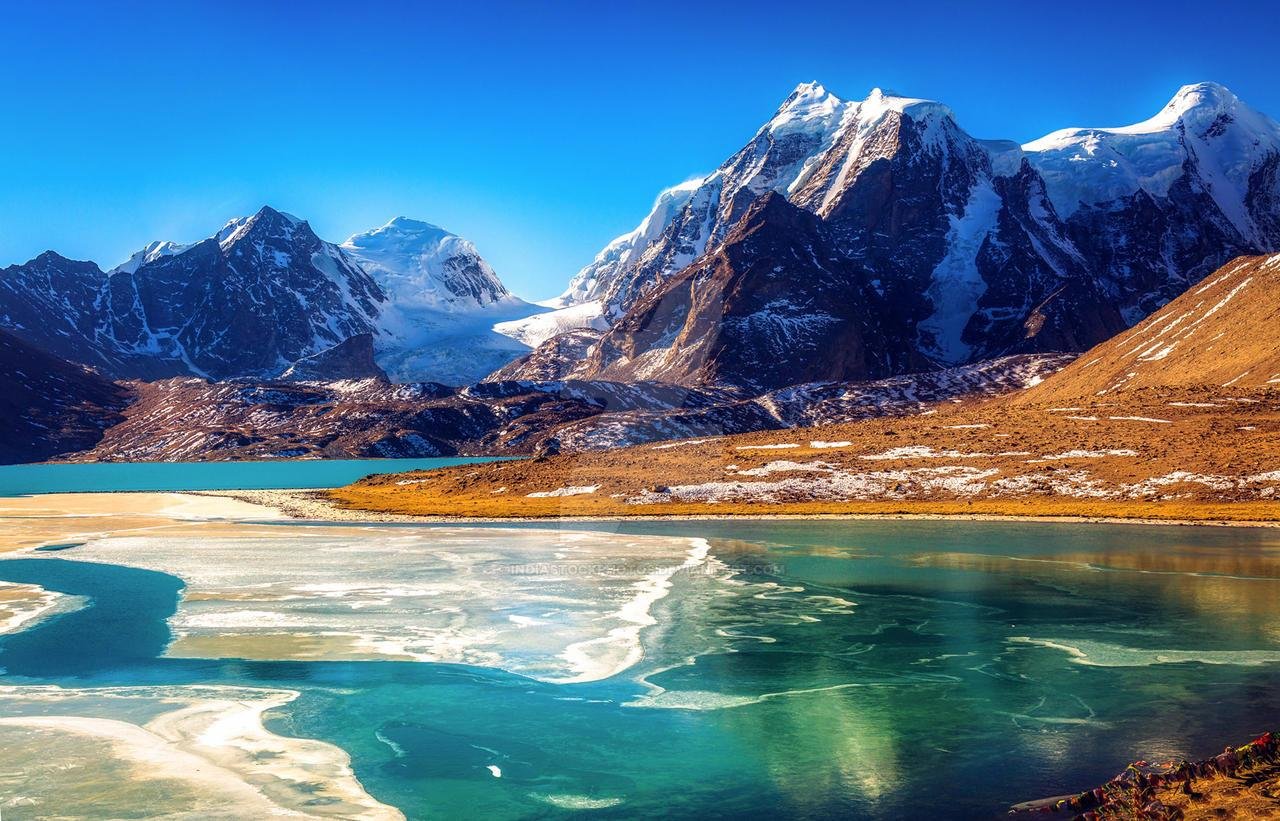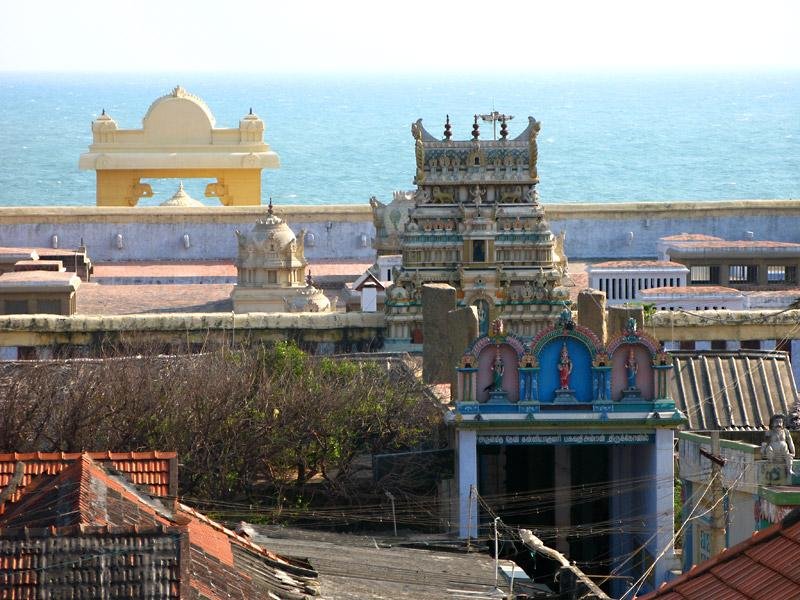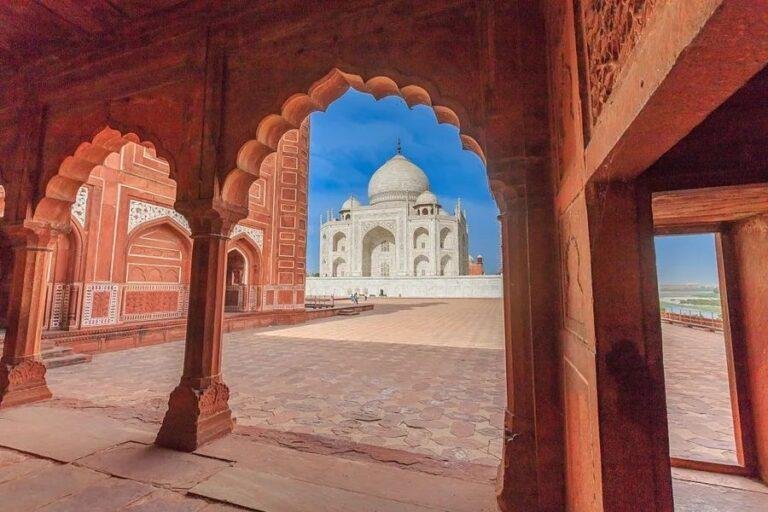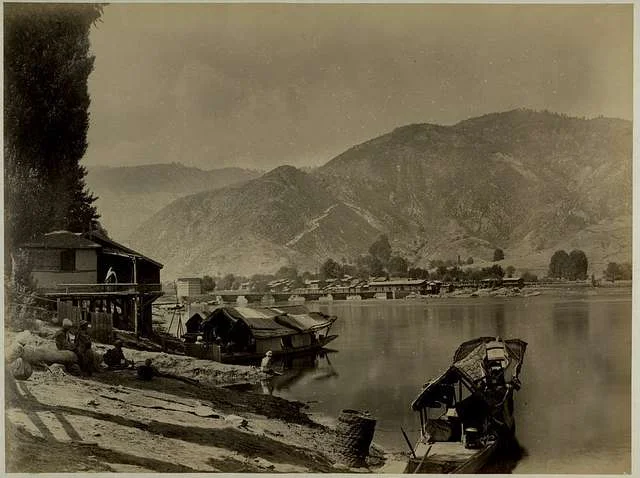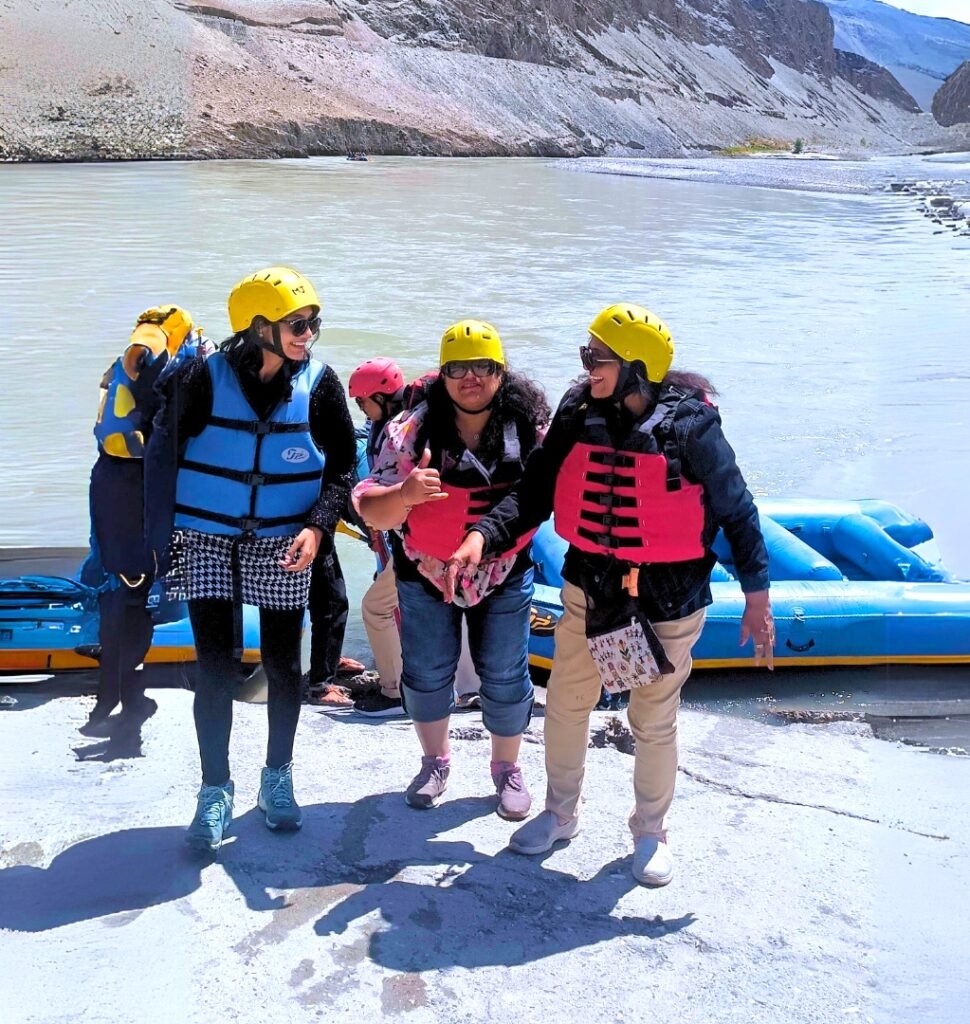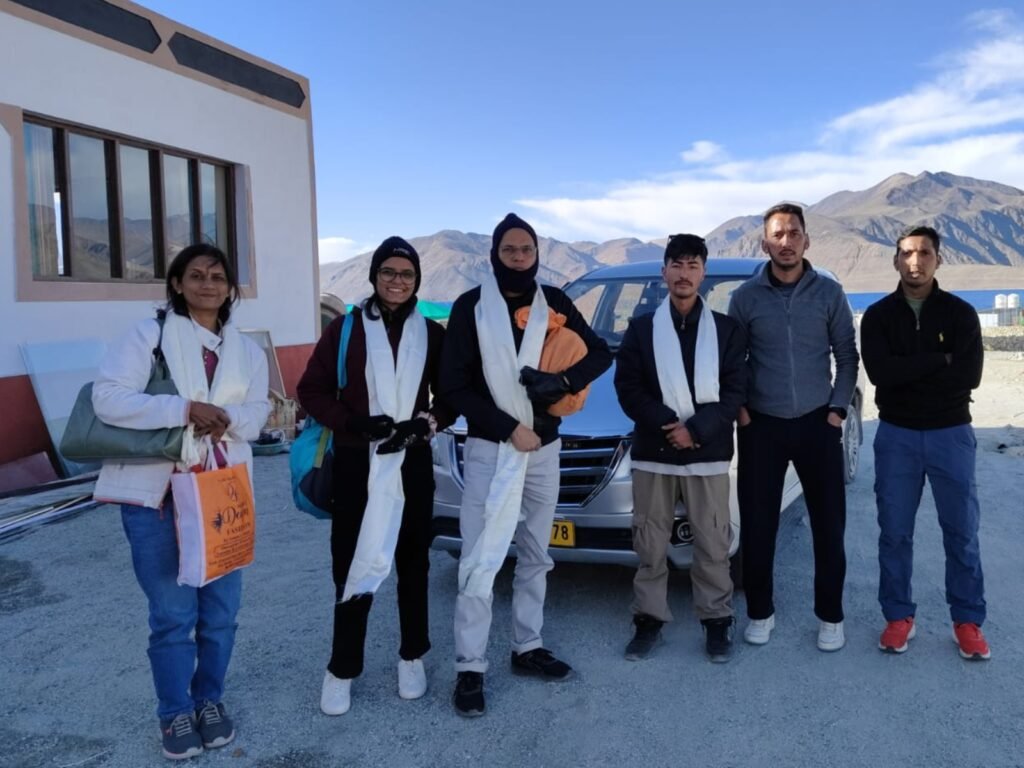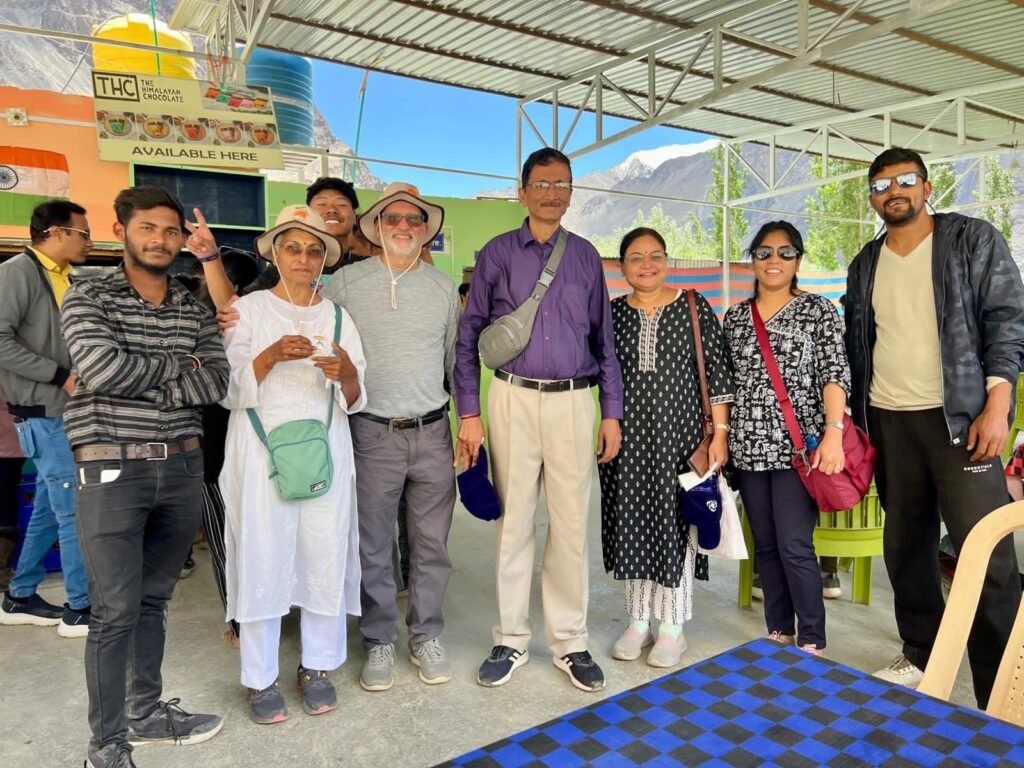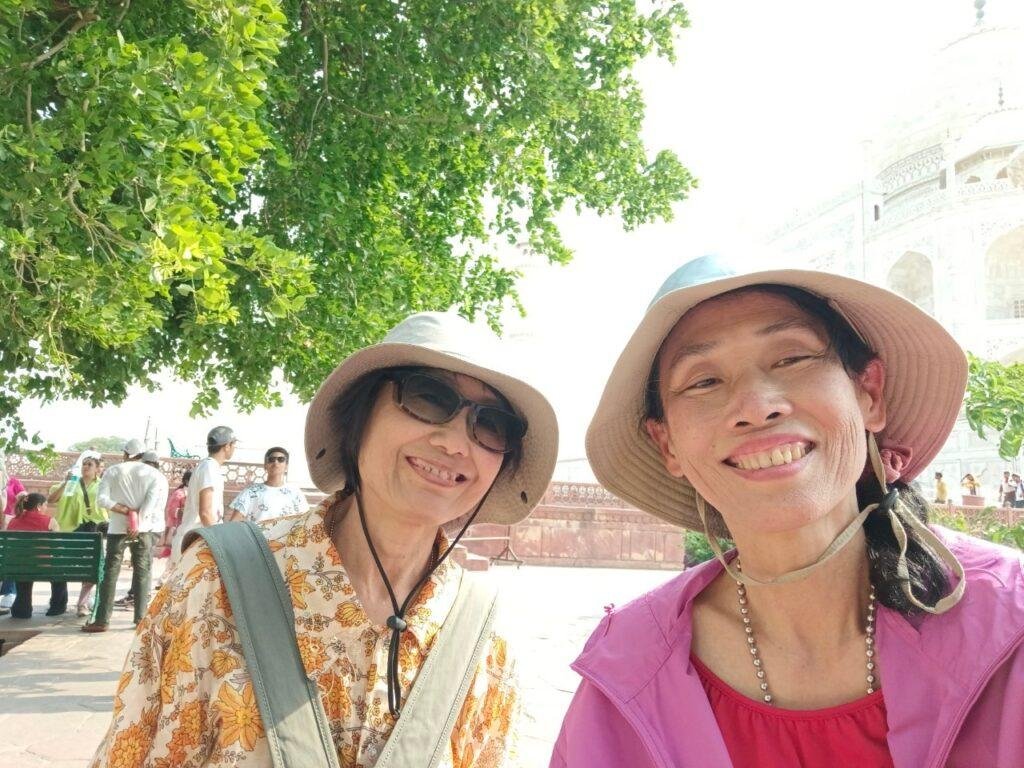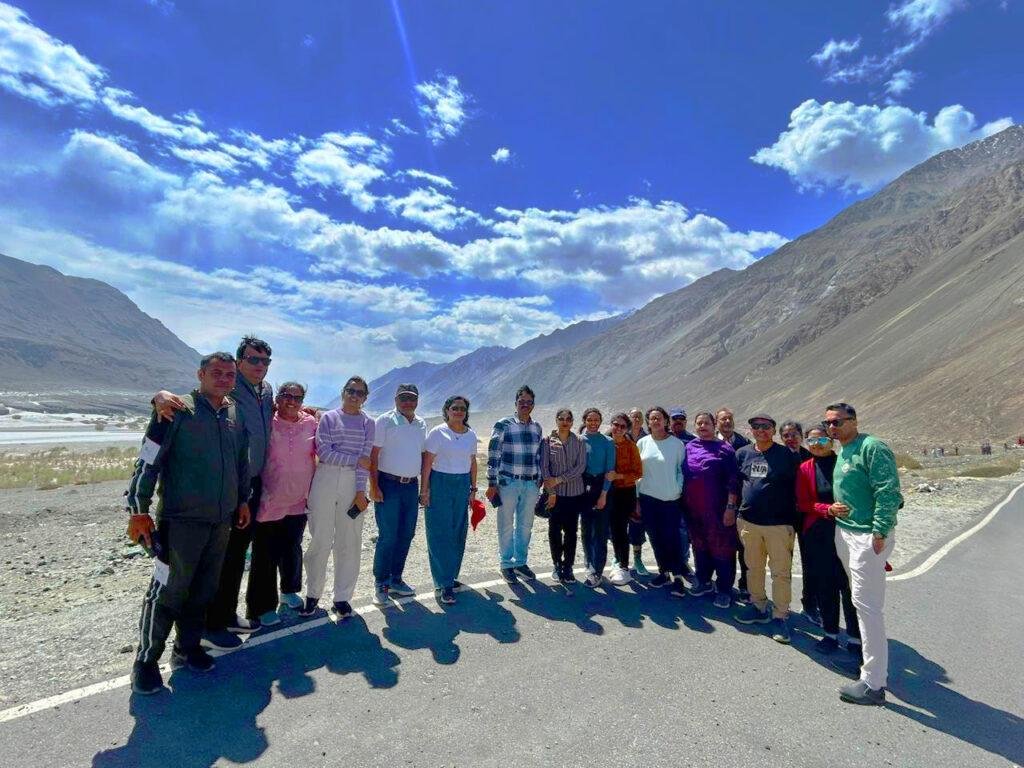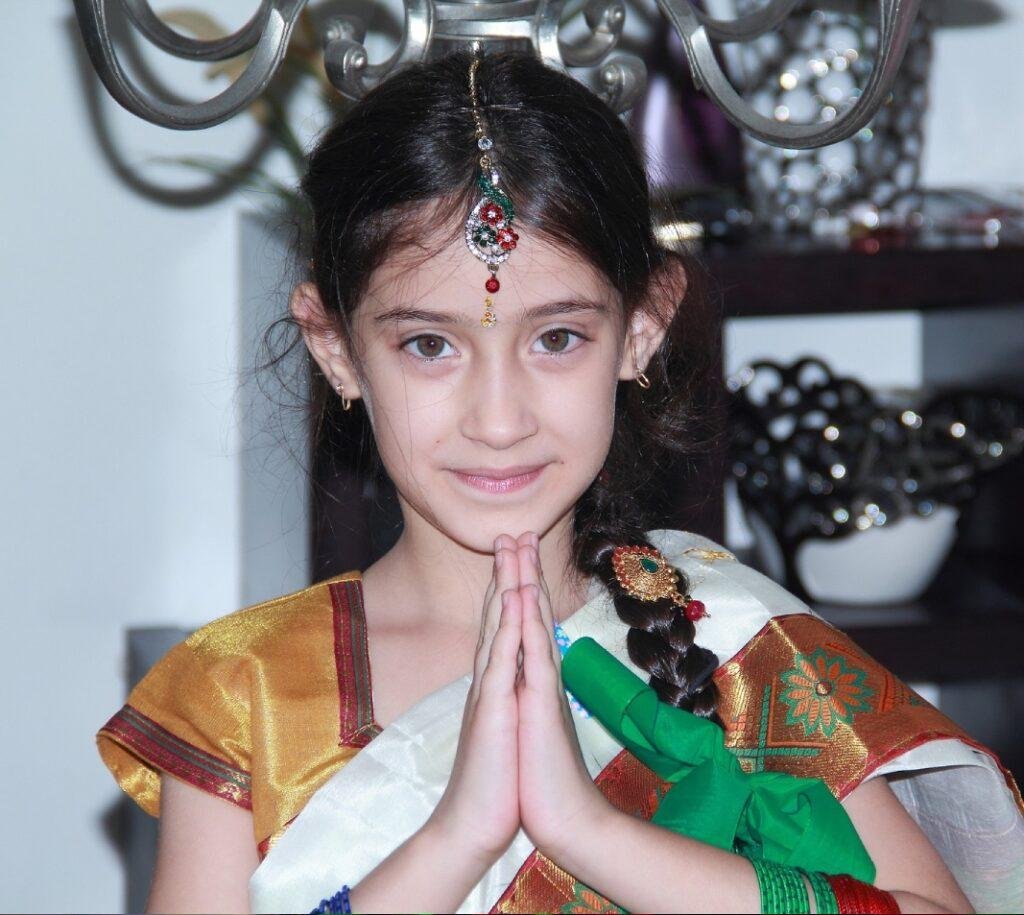Jammu is a region located in the northern part of the Indian subcontinent. It has a rich and diverse history that spans thousands of years. Here is an overview of the history of Jammu:
Ancient Period:
The history of Jammu dates back to ancient times. The region was inhabited by various indigenous tribes, and archaeological evidence suggests human settlement in the area as early as the Neolithic period. The region was part of the Mauryan Empire in the 3rd century BCE and later came under the rule of the Kushan Empire.
Medieval Period:
In the medieval period, Jammu came under the influence of several dynasties and empires. In the 9th century, it was ruled by the Hindu Shahi dynasty. Later, it came under the control of the Muslim Sultanate of Delhi in the 14th century. The region witnessed several invasions and conflicts during this time.
Dogra Rule:
The most significant period in the history of Jammu is the Dogra rule, which lasted from the early 19th century until India’s independence in 1947. The Dogras, who belonged to the Hindu Rajput community, established a princely state centered in Jammu.
Raja Gulab Singh, a prominent Dogra leader, played a crucial role in the region’s history. In 1846, after the Anglo-Sikh War, the Treaty of Amritsar was signed between the British East India Company and Gulab Singh, granting him the territory of Jammu and Kashmir. This marked the beginning of the Dogra rule in Jammu and Kashmir.
Under Dogra rule, Jammu witnessed significant developments in infrastructure, administration, and culture. The Dogra rulers actively promoted art, literature, and architecture in the region. They built numerous forts, palaces, and temples, including the iconic Bahu Fort and Raghunath Temple.
Post-Independence:
After India gained independence from British rule in 1947, Jammu and Kashmir became a princely state within the newly formed country. However, the region’s history took a tumultuous turn when Pakistan invaded Jammu and Kashmir soon after independence, leading to the Indo-Pakistani War of 1947.
Since then, Jammu and Kashmir has been a subject of territorial disputes between India and Pakistan, with both countries administering different parts of the region. Jammu, along with the rest of Jammu and Kashmir, became an integral part of the Indian Union and is now a union territory of India.
In recent years, Jammu has witnessed economic growth and infrastructural development. The region attracts tourists with its scenic beauty, religious sites, and historical landmarks. The people of Jammu have diverse religious and cultural backgrounds, including Hindus, Muslims, Sikhs, and Christians, contributing to its vibrant and pluralistic society.
It’s important to note that the situation in Jammu and Kashmir is complex and politically sensitive. The history and interpretation of events can vary depending on different perspectives and narratives.
